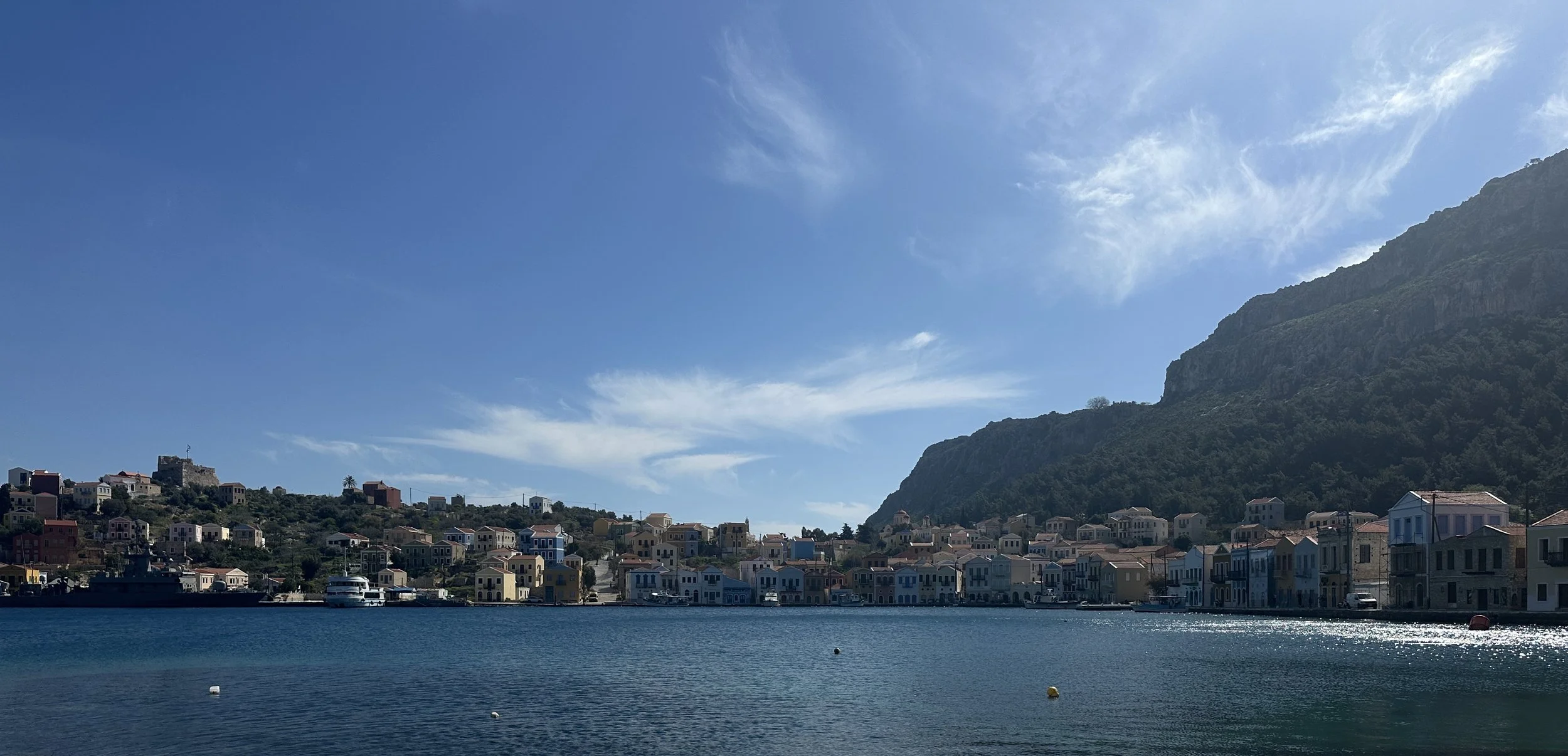
Founder
Pericles Kanaris was born in Athens, where he took his first classical music lessons. Later, he won the B.E.S.T. scholarship from the Berklee College of Music in Boston. He studied piano and voice with a specialization in film music and graduated with honors, receiving two composition awards. He also holds two degrees in communication and media studies from the University of Kent (UK) and Boston University (USA).
From the beginning of his career, Greek music has been a major source of passion and inspiration for him. In 2007, he was selected by the Metropolitan Museum of Art to curate the first collection of Greek music, "Music of Greece," which the museum released to inaugurate its new galleries of Greek and Roman art. That same year, his work "Operation Innocence," originally written for film, was presented as a world premiere at Carnegie Hall in New York City. In 2008, he founded the musical ensemble "Synolon," which, according to many, "changed the presentation of Greek music in Manhattan," with performances in significant concert venues in New York for consecutive seasons and collaborations with renowned musicians from all over the world.
In 2014, the album "Aoratos" was released in the United States, with lyrics by the great Greek songwriter and poet Manos Eleftheriou, featuring top performers such as Vasilis Papakonstantinou, Kostas Makedonas, Rita Antonopoulou, Lamprini Karakosta, as well as renowned musicians from Athens and New York. Among them was the Grammy-awarded producer/engineer Neil Dorfsman. To celebrate the release of "Aoratos," a concert was organized at the historic Tribeca Performing Arts Center in New York, with all the contributors to the album as special guests and Manos Eleftheriou being honored. He appeared on stage via live video connection.
“Aoratos” was released in Greece in March 2016 by Metronomos Editions, and in November of the same year, the composer and performer introduced his work to his hometown audience with a concert at the historic Pallas Theater. The Athens premiere of Aoratos featured the album’s performers, along with a host of distinguished Greek and international musicians who traveled from New York to showcase their talents in front of the Athens audience at a sold-out Pallas Theater. In February 2018, the same ensemble performed at Gazarte, with Rita Antonopoulou as a guest, and was met with great enthusiasm from the crowd, which filled the venue to capacity.
In the spring of 2019, Pericles Kanaris successfully presented the musical performance "Road To Athens" in New York. The three concerts held at DROM in Manhattan served as the prelude to the concert that followed on June 30 at the Summer Nostos Festival, at the Stavros Niarchos Foundation Cultural Center (SNFCC).
At this concert, new songs by the composer from two upcoming albums were presented for the first time in Greece. One album is based on the poetry of classical creators such as Konstantinos Kavafis and T.S. Eliot, while the other is inspired by contemporary creators, ranging from unpublished material by Manos Eleftheriou to newer generations of Greek lyricists. The concert was a great success and ended with a standing ovation for the artist and his team.
Pericles Kanaris is also the composer and lyricist of the song "Stin Ygeia Mas," which became widely known across Greece as the theme song for the successful TV show hosted by Spyros Papadopoulos.
In 2020, he taught a new course at New York University (NYU) titled “American Blues meets Greek Rebetiko,” under the auspices of the Greek Consulate in New York.
Since 2024, he has been teaching the same course at the American College of Greece. In 2022, he returned to live performances after two years of the pandemic with a concert at Symphony Space in New York titled "Up For Air," where he presented his new songs. The concert was a great success and was broadcast globally for the first time on January 29, 2023, by ERT World, the satellite channel of Greek public television, as well as by Voice of Greece, the global radio station of ERT. The broadcast was historically significant, as it was the first concert of a Greek from the Diaspora covered by Greek public television with its own production.
